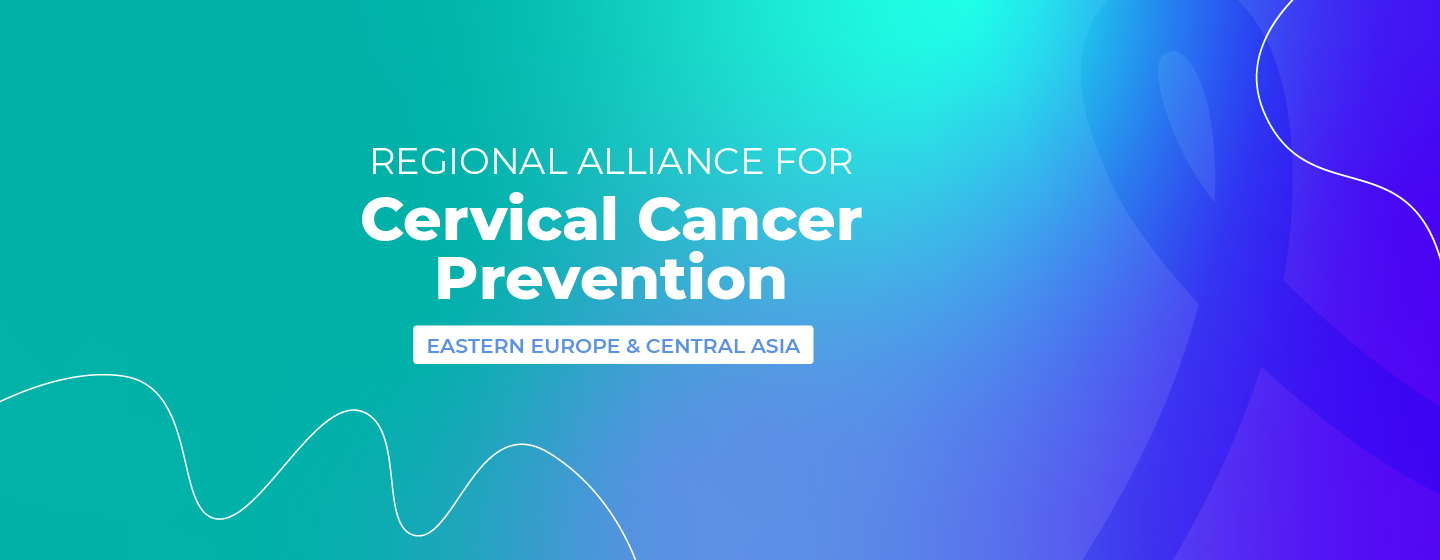
The 3rd Annual Forum of the Regional Alliance for Cervical Cancer Prevention in Eastern Europe and Central Asia, held in Tbilisi on 28-29 September 2023 and co-hosted by United Nations Population…
watch video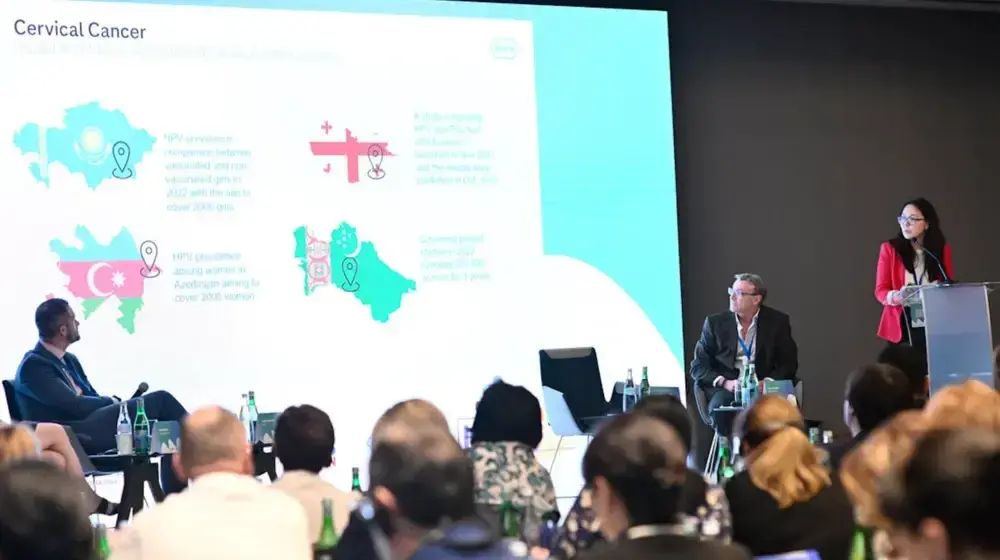
The Annual Forum of the Regional Alliance for Cervical Cancer Prevention in Eastern Europe and Central Asia, held in Tbilisi on 28-29 September 2023 and co-hosted by United Nations Population Fund (…
read more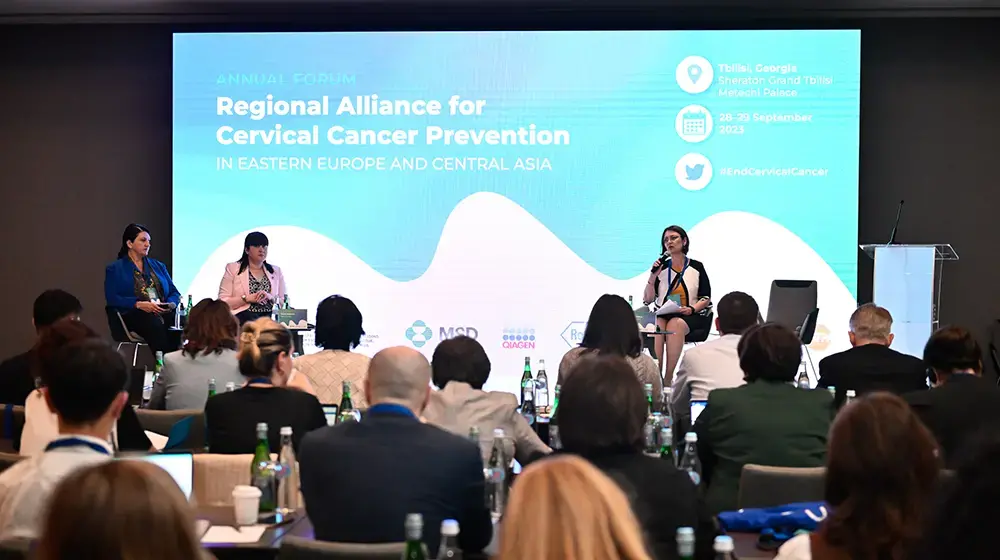
TBILISI, 28 September 2023 – Greater efforts are needed to end cervical cancer in Eastern Europe and Central Asia, participants said today in Tbilisi at the opening of the 3rd Forum Meeting of the…
read more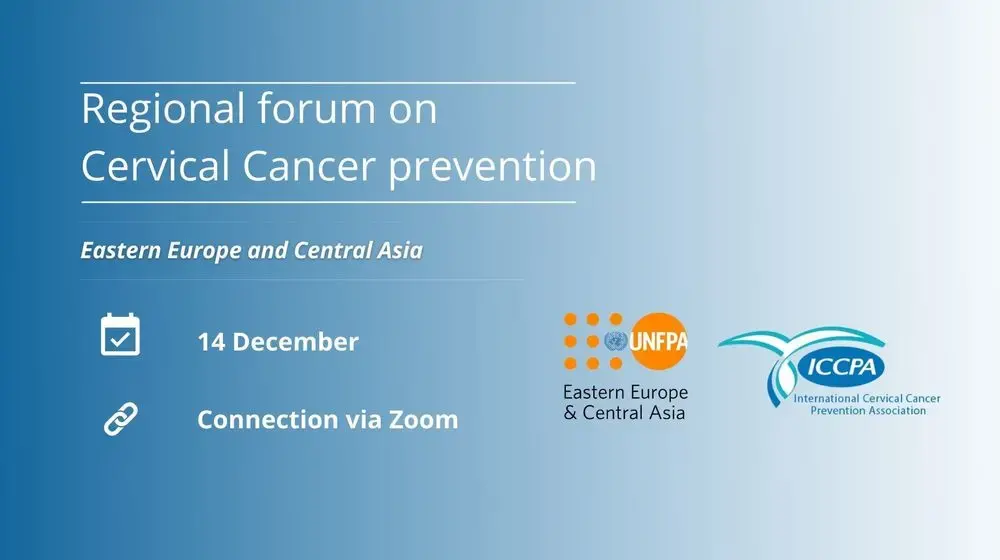
Istanbul - The first meeting of a new regional forum on cervical cancer prevention in Eastern Europe and Central Asia was held online on 14 December. “This forum is an important…
read more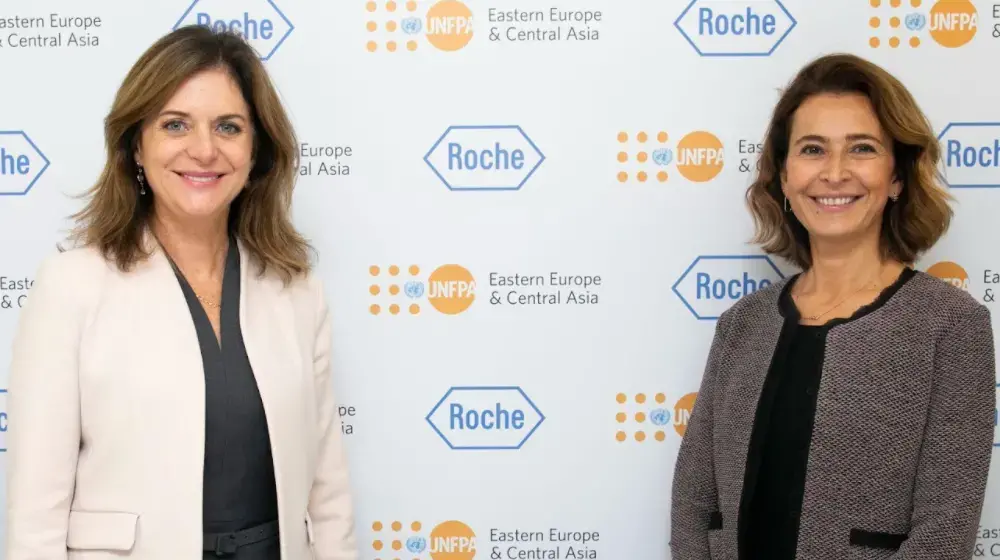
Istanbul, November 2021 - UNFPA’s Regional Office for Eastern Europe and Central Asia and Roche Diagnostics Turkey, Central Asia and Caucasian Countries Management Center are joining forces to…
read more